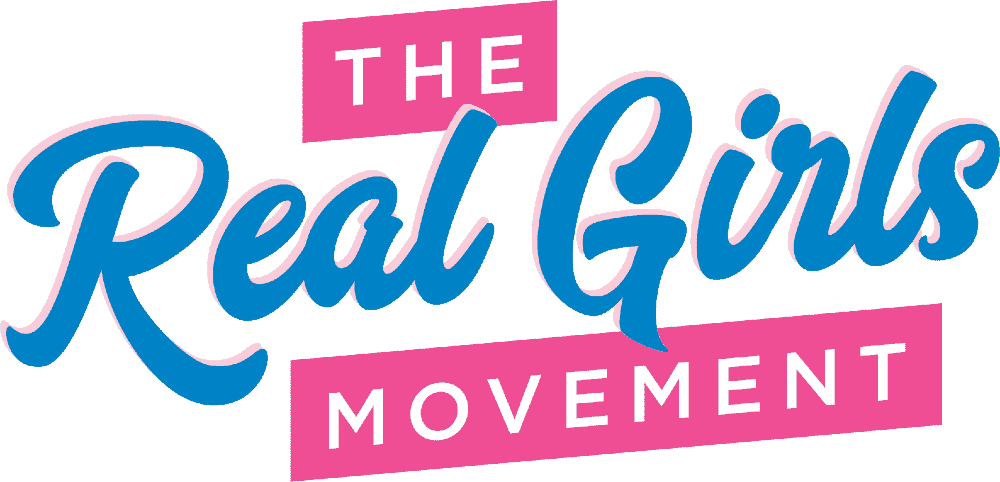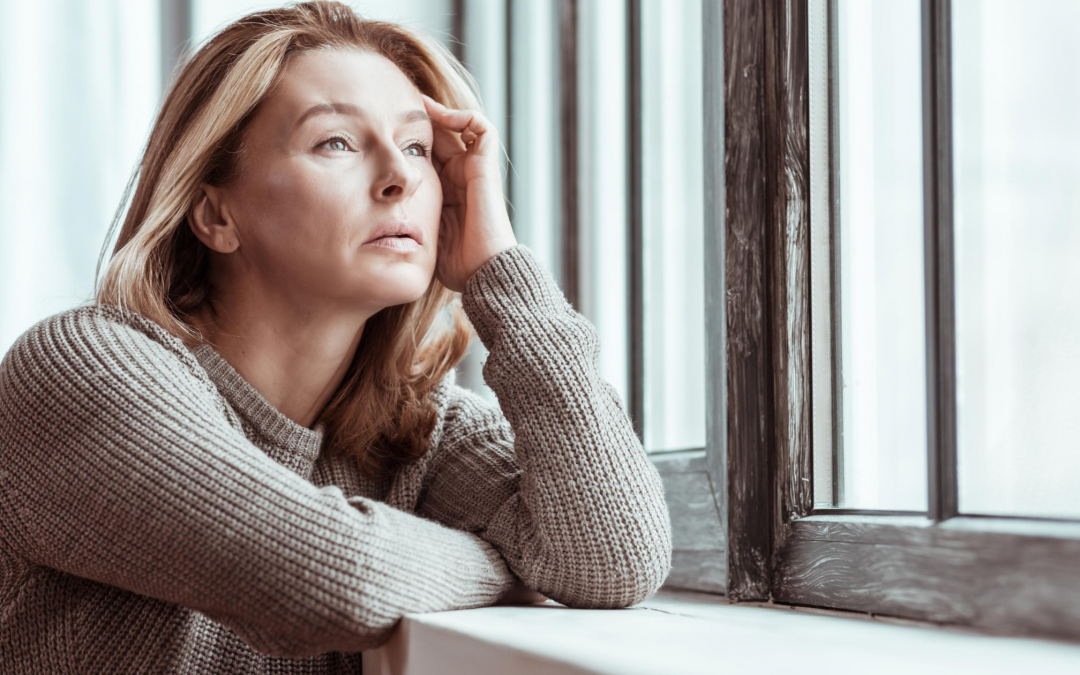Of course, listen to what your doctor says.
And also listen to what your body says.
We both know that what you eat and how you move can make a HUGE improvement in some of the symptoms of menopause. Not to mention how common it is for ladies to gain weight at this time of life. (Ugh!)
And as we both know eating better and moving more can help you stave off other issues like heart disease, diabetes and osteoporosis.
What do I specifically recommend to help you “eat better and move more”?
Seven things. Here goes:
First – Hydrate:
Drink more water.
The general consensus is to drink 8-10 glasses per day. And, if you don’t feel you need that much you definitely need to at least drink enough throughout the day so that you’re not thirsty.
I know that’s easy to say but really it’s also easy to do.
Try having a full glass first thing in the morning before you eat or drink anything.

Don’t like plain water? Add in some berries, lemon or orange or chopped frozen fruit.
Prefer tea? Steep some sliced lemon and/or ginger or your favourite caffeine-free herbal teabag. This counts toward hydration as well.
You can also keep a large bottle or mug beside you all day wherever you work so it’s always easy to grab and have sips throughout the day to make sure you’re not getting thirsty.
Second – Bump up your intake of whole plant foods:
Things like (yes, you guessed it) vegetables, fruits, beans, nuts and seeds. We’re going for quantity here. Try to include them in every meal and even most (if not all) of your snacks.
Want another reason to eat more plants? Plant-based diets are associated with fewer hot flashes. Bonus!
Plus, my recipe is your “no excuse” solution to getting more veggies wherever you go.
Third – Don’t forget high-quality protein:
While you’re chomping your plant foods don’t forget to include some good quality protein (and healthy fats) from eggs, fish, meat, nuts and seeds (and their butters).
With animal foods we’re aiming for quality so try to get organic, wild, and/or pasture-raised if you can.
Fourth – Some things you want to cut back on:
Reducing and/or eliminating alcohol, caffeine and processed foods can have a tremendous impact on balancing your hormones naturally without the help of pharmaceutical medications.
With those increases in hydration, whole plant foods, and quality protein, you simply won’t have as much room for alcohol, caffeine, and processed foods with added salt and sugar.
You already know that’s good news, right?
Fifth – Move:
If you don’t do this already try to move up to 5 hours of exercise per week. You can gradually increase that over time, and believe me, you will thank yourself!
To do this, include things like walking (especially outdoors in the sun, if possible), or even some weight-training.
You’ve heard the saying that the best exercise is the one you’ll actually do?
Well, go ahead and do it. 🙂
Sixth – Get enough sleep:
I’m talking 7-9 hours per night. Seriously!
Sometimes menopause can bring on (or ramp up) sleep problems.
The most important thing to do is set a daily routine where you’re relaxing with no screen-time (computers, tablet, phone, tv) a couple hours before your bedtime. Electronic devices emit strong blue light which can prevent the release of melatonin, your sleep hormone. Try reading a book or having a bath. It’s also important to have dim lights in your surroundings to reduce your exposure to blue light before bed. Regular indoor lighting is usually blue light. Ideally you would use amber or red lights, or even be ultra-stylin’ with blue-blocker sunglasses.
Seventh – Find great stress relieving activities:
 Do whatever works for you. Just make sure you do it regularly as a preventative measure to avoid accumulated stress.
Do whatever works for you. Just make sure you do it regularly as a preventative measure to avoid accumulated stress.
Have you tried meditating, deep breathing, or having a warm bath? What about the newest craze of colouring?
Bonus points for using exercise as a form of stress relief.
Conclusion:
You now have an arsenal of great ideas to stave off those menopause symptoms naturally.
Now go ahead and make two of these mason jar salads to eliminate any excuse of not being able to get fresh veggies when you’re out and about.
References:
http://www.precisionnutrition.com/all-about-menopause






